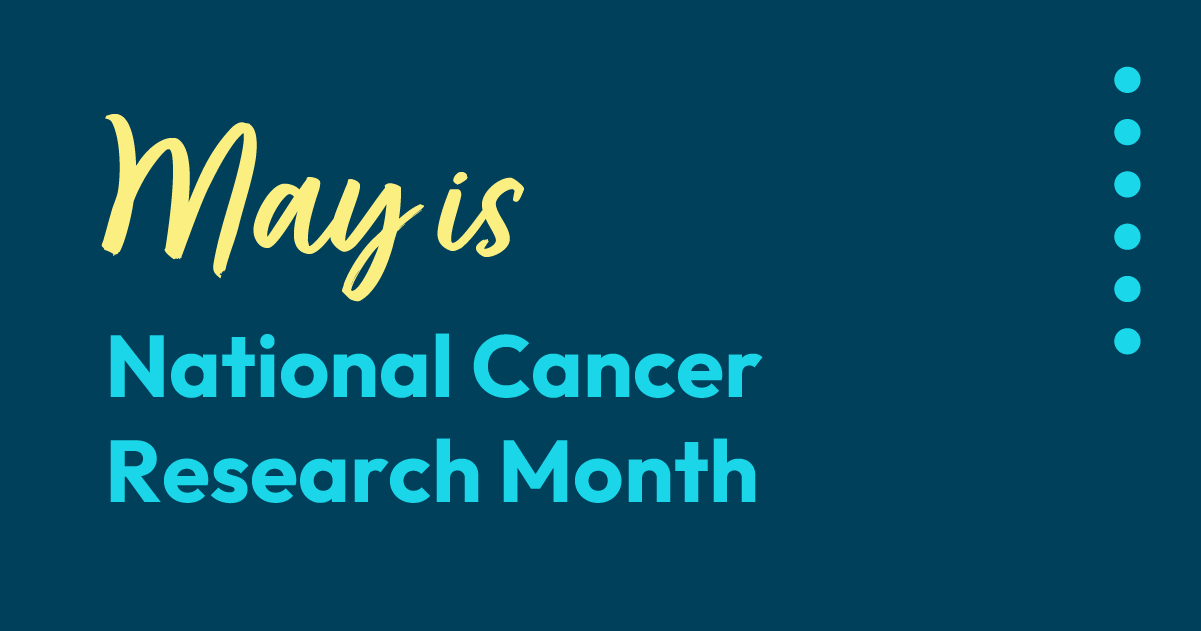May is National Cancer Research Month, a time to honor the scientists, clinicians, and collaborators who are moving us closer to effective treatments and a cure for epithelioid hemangioendothelioma (EHE).
Research is the EHE Foundation’s highest priority in our mission to find effective treatments and ultimately a cure for EHE. With no standard treatment available, advancing scientific discovery is essential to changing the future for everyone affected by this ultra-rare vascular cancer.
Through the generosity of our donors, we are proud to fund and collaborate with expert scientists across the globe. Driven by the stories, strength, and determination of the EHE community, researchers are making critical progress in the lab to improve outcomes for people living with EHE.
Featured EHE Researchers
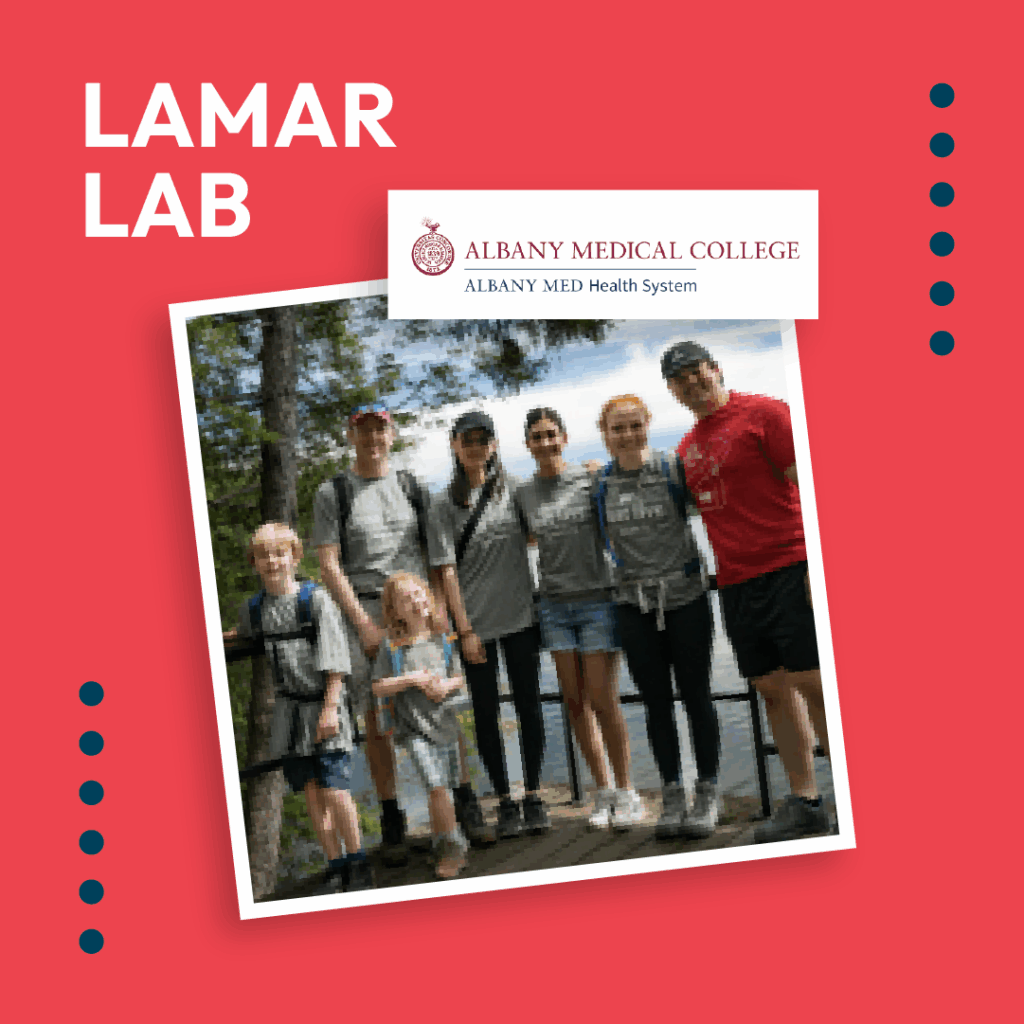
“It has been both an incredibly rewarding and deeply humbling experience to serve as an EHE researcher and to engage with the remarkable individuals within the EHE community,” shares Dr. John Lamar, a multi-year EHE Foundation Grant Program recipient. “Research can be challenging and frustrating, but the unwavering support, resilience, and inspiration drawn from this community continually reaffirm why our efforts are worthwhile and important. I firmly believe that through the collective efforts of a passionate and supportive EHE community, compassionate and committed clinicians, and determined researchers, we will make meaningful strides toward transformative treatments and, ultimately, a cure for EHE.”
As a recipient of the 2024 EHE Foundation Grants Program, Dr. Yamada shares his appreciation, “Thank you for the opportunity to work on the project. We deeply appreciate your support and encouragement. We are excited about the journey ahead and all that we can accomplish together for EHE.”
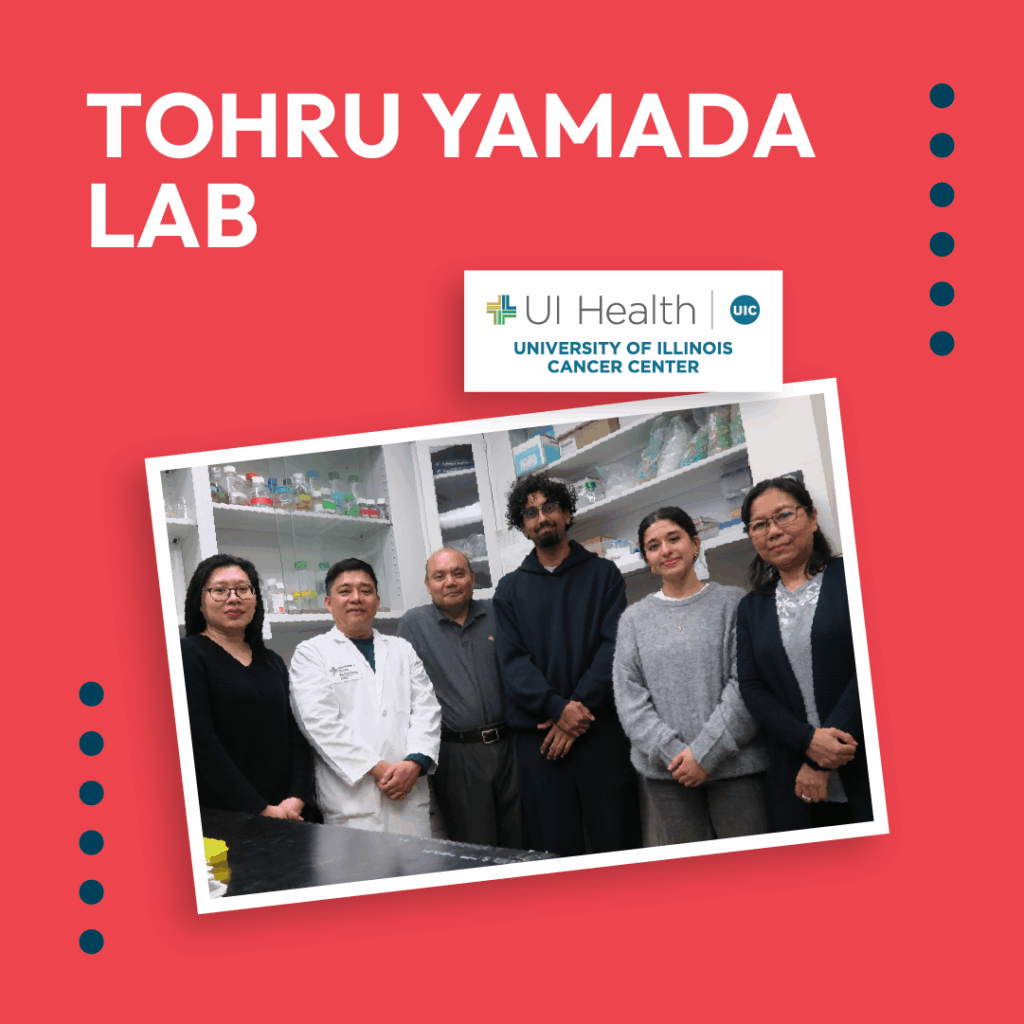
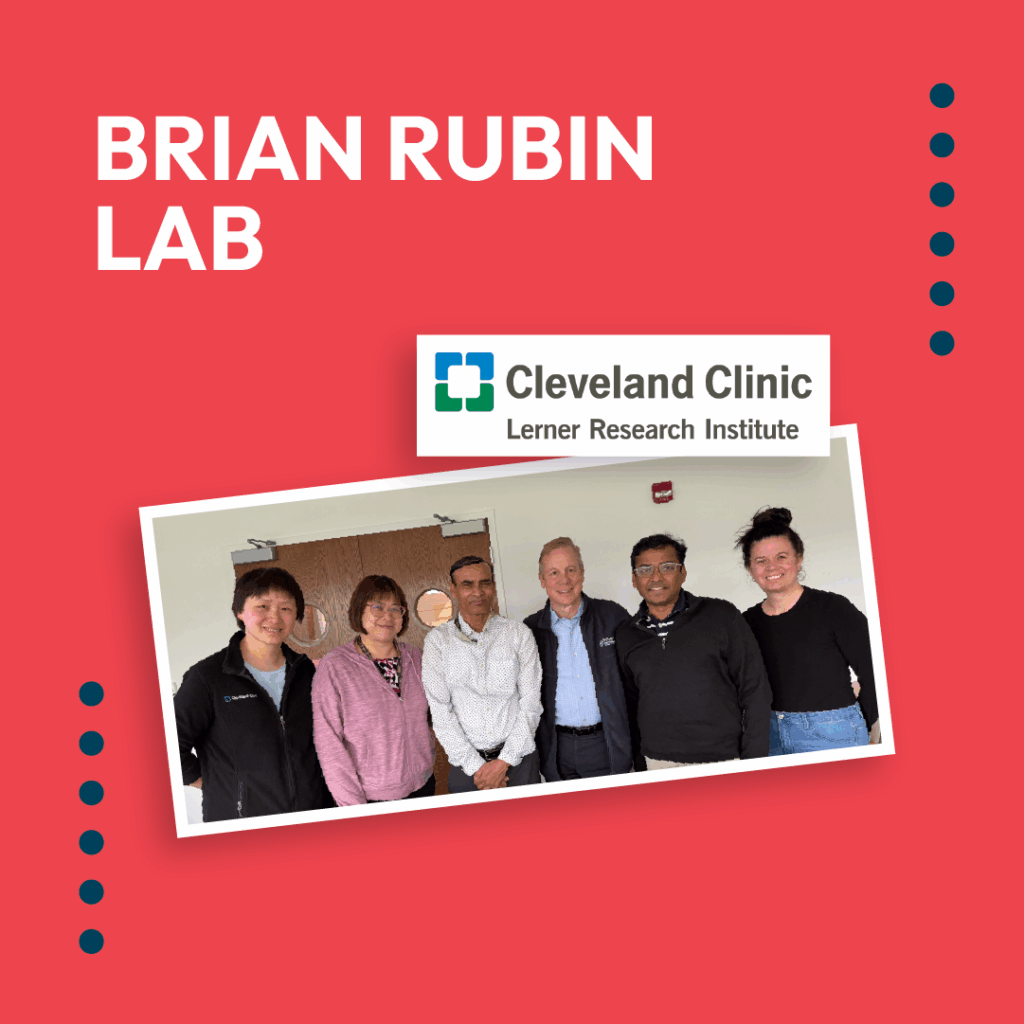
Thanks to ongoing funding and collaboration with the EHE Foundation, Drs. Rubin, Pobbati, and the team at the Cleveland Clinic have been pioneers and catalysts in understanding EHE, providing hope and progress in the fight against this disease.
When asked about their work, the Rubin Lab passionately reflected, “We care deeply about the EHE community and are dedicated to learning about the disease and finding treatments. The EHE Foundation brings together researchers, oncologists, and patients. By working together, we will find an effective treatment option for patients with aggressive EHE.”
With grants from the EHE Foundation, Munir Tanas, PhD, and his team collaborate with the EHE Biobank, a project of the EHE Foundation, to develop disease models of EHE, essential for research and the development of new treatments.
Dr. Tanas presented at the 2025 EHE 360 Global Patient Conference in a session titled, “Advancing Treatment at Bench and Bedside.”
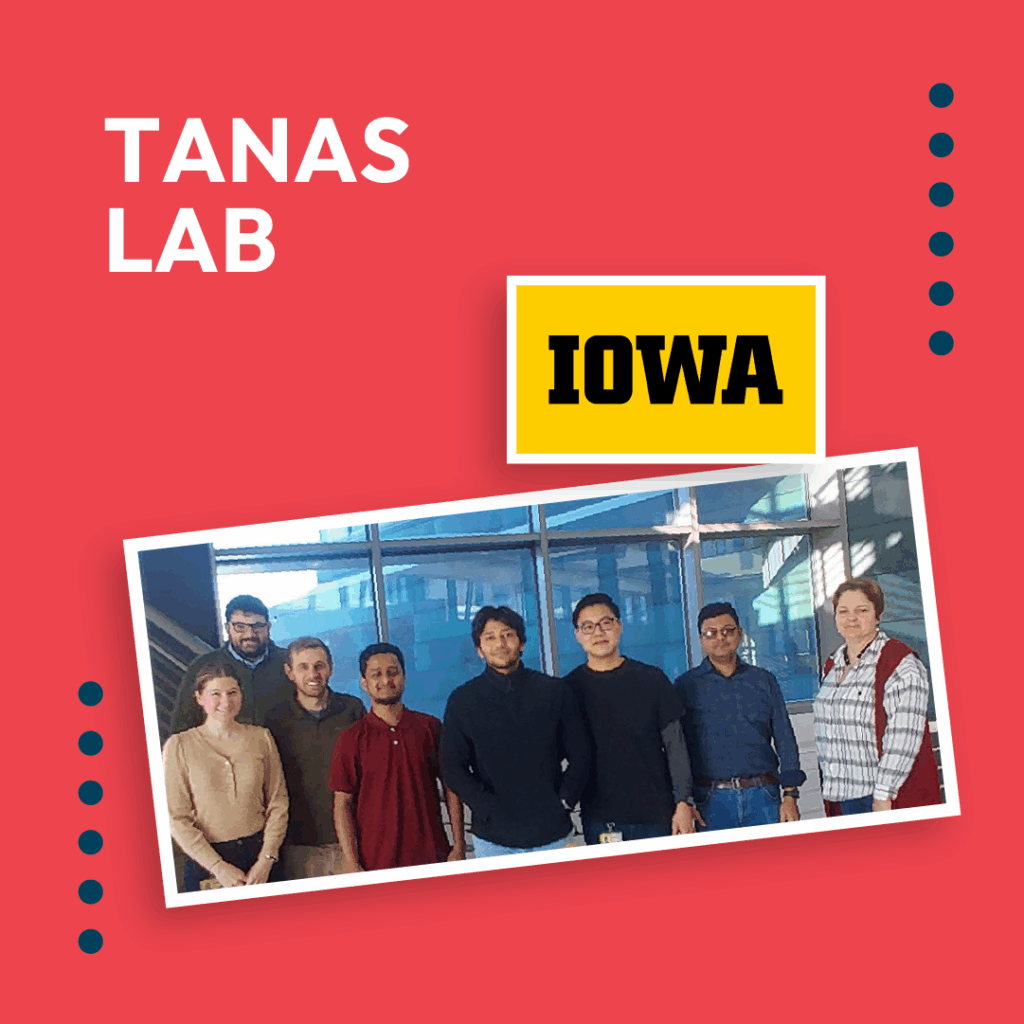
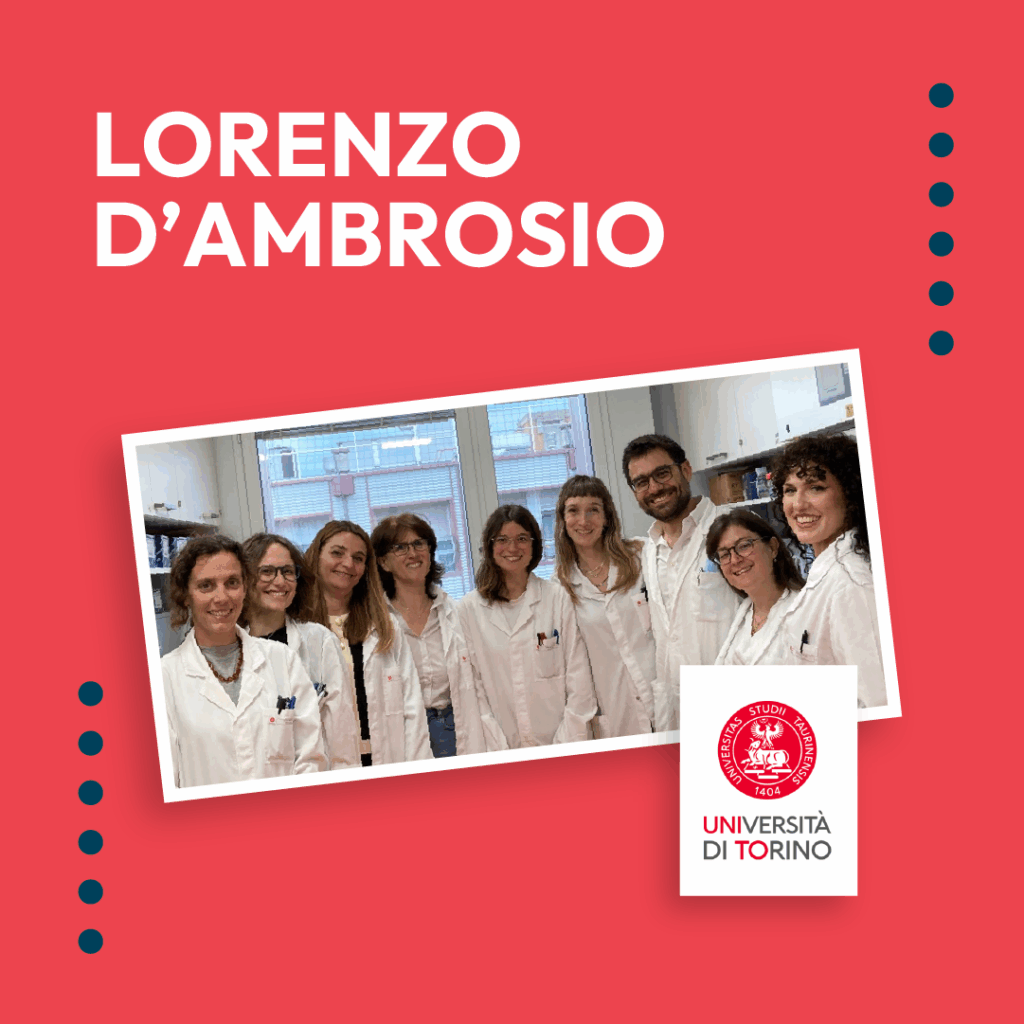
Lorenzo D’Ambrosia, MD, PhD, is a medical oncologist who serves as an Executive Committee Member of the international consortium PUSH (Pushing Ultra-rare Sarcomas towards Hope) and notably chairs the EHE Working Group, championing translational research in EHE.
When asked to reflect on their lab’s work and why they do it, Dr. Ambrosia’s passion is clear. “Our laboratory at the University of Turin is composed of young, highly motivated PhD students, post-docs, experienced researchers, and clinicians, aimed at bridging the gap between the clinic and the lab to develop patient-relevant, translational models to unveil mechanisms of disease and discover innovative treatment strategies. Patients and their families are our daily motivation for better research and improved care in our joint effort towards a cure.”
Research Starts with You
Every breakthrough in the lab starts with a gift of support. Your donations fuel the science, collaboration, and hope that drive our mission forward. As we honor National Cancer Research Month, we ask you to make a gift in support of EHE research.
People living with EHE can also contribute directly to research by participating in the EHE Biobank and EHE Global Patient Registry, and, if appropriate, by enrolling in a clinical trial. For more information about participating in research, email [email protected].

